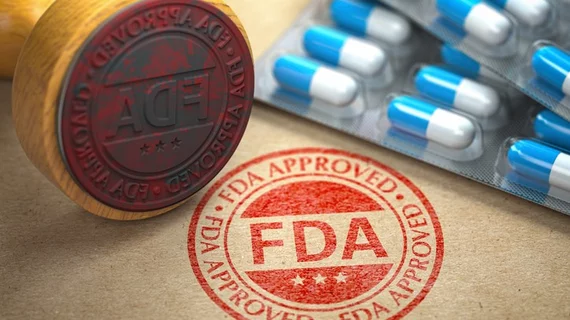Former FDA chiefs want White House to cease ‘deeply troubling’ interference in scientific matters
Seven former Food and Drug Administration commissioners are urging the White House to cease any interference in scientific matters at the pivotal federal agency.
In particular, they’re concerned about political meddling in the review and approval of a COVID-19 vaccine, they wrote in a piece published Tuesday. Such a drug is “urgently needed” to help America return to normalcy but will do zero good if the public has doubts about the process leading up to any approval.
“If the FDA makes available a safe and effective vaccine that people trust, we could expect to meaningfully reduce COVID-19 risk as soon as next spring or summer. Without that trust, our health and economy could lag for years,” the seven former leaders wrote Sept. 29 in the Washington Post.
For decades, they noted, Americans have always counted on the FDA to make rulings rooted in science. And yet, that is changing in “deeply troubling” ways, including the administration revoking the agency’s authority to establish rules around drug safety, overruling regulation of COVID-19 lab tests, and making misstatements about the benefits of hydroxychloroquine.
As proof of eroding public confidence in the FDA, the former commissioners pointed to a recent Pew Research Center poll. It found that nearly 78% of Americans are concerned a vaccine may be approved too hastily, while only 21% “definitely” plan to take the drug.
“With more than 750 Americans on average dying a day from COVID-19, the FDA must be supported to play its unique and essential role,” the letter writers concluded. “Scientists should make decisions based on data, unfettered by political pressure or the intrusions of ideology or vested interests. Political intrusion only prolongs the pandemic and erodes our public health institutions.”
Those signing the opinion piece included Robert Califf, Scott Gottlieb, Margaret Hamburg, Jane Henney, David Kessler, Mark McClellan and Andy von Eschenbach. The American College of Radiology and numerous other organizations expressed similar concerns in a Sept. 17 letter to the FDA.

